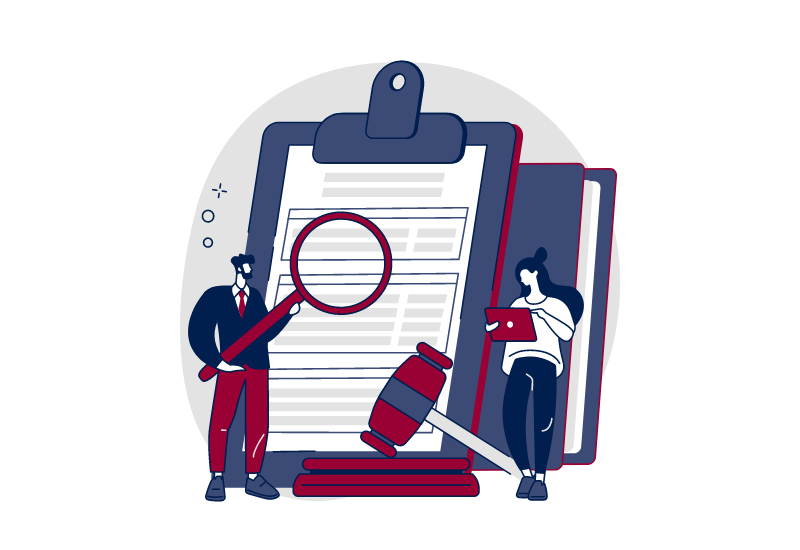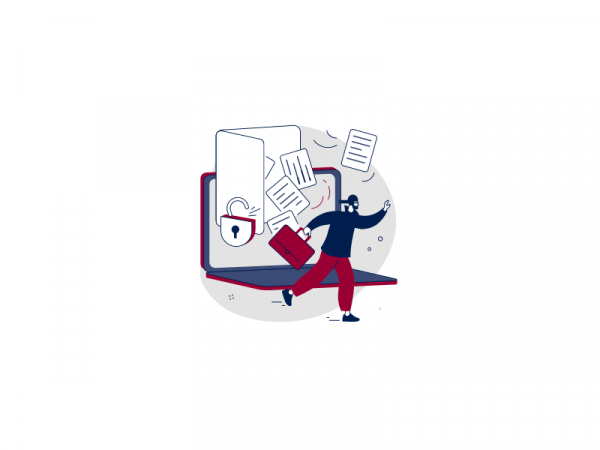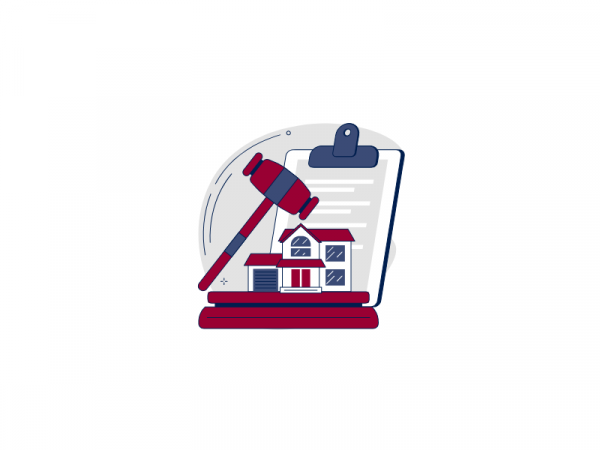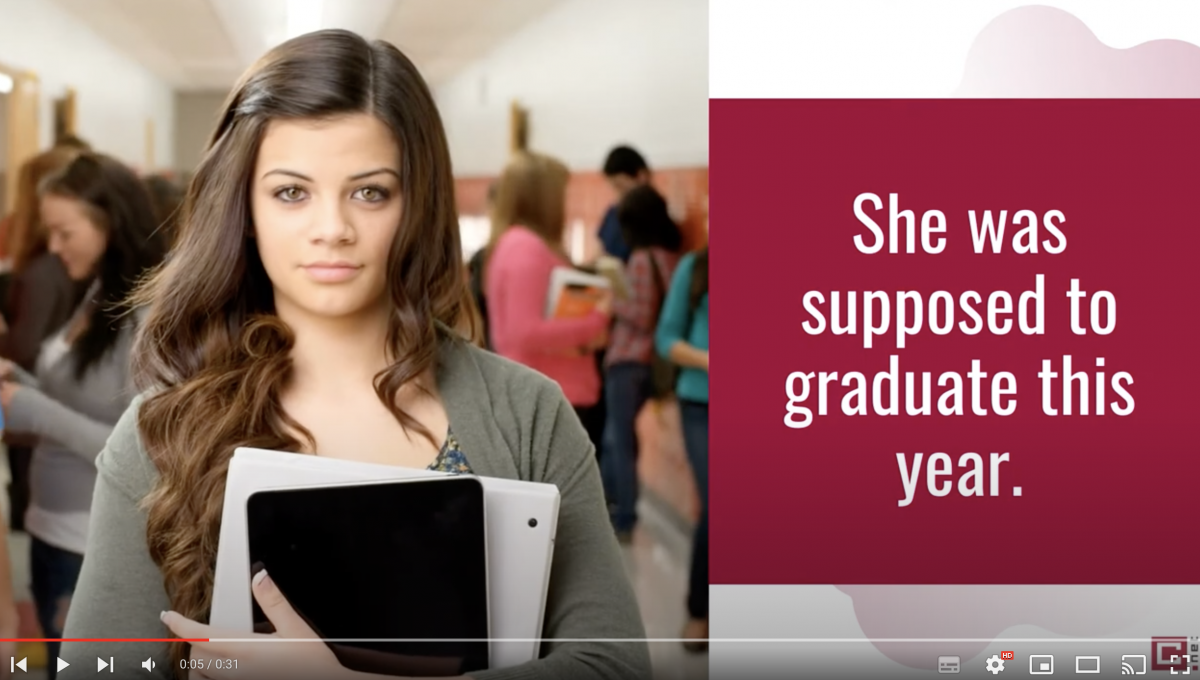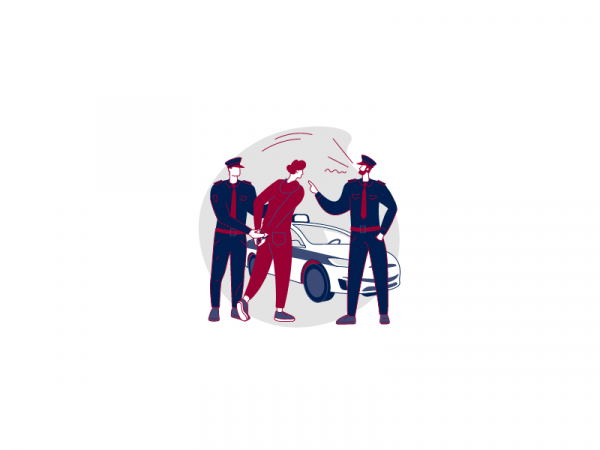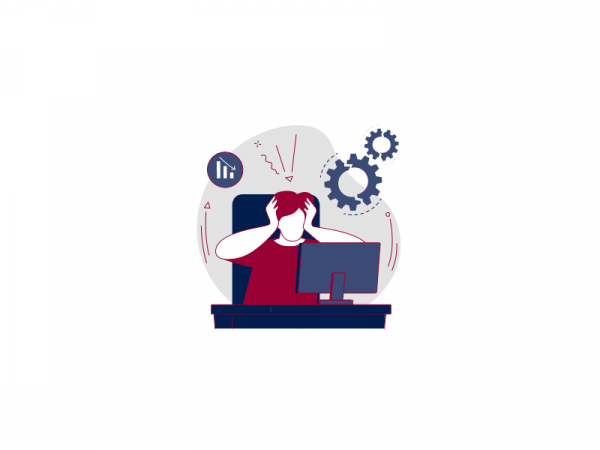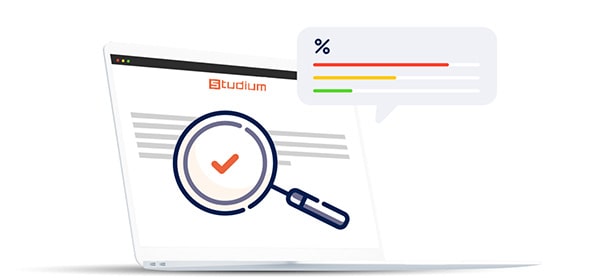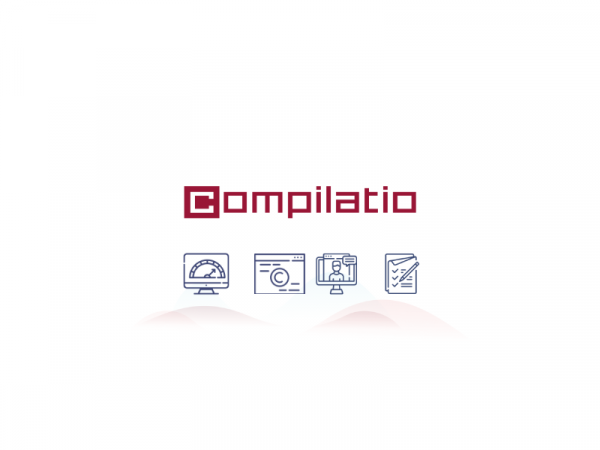Plagiarism consists of copying content without crediting the original author, which is akin to intellectual property theft. It is a punishable act and the penalties of plagiarism can be severe—ranging from expulsion from an academic institution to fines, and even prison in some countries.
The consequences of plagiarism are serious, and the risks are real!
In the academic field plagiarism in a thesis, dissertation or other research work is punishable by a penalty. Indeed, academic integrity is an essential element of graduation. The assessment of the examination is based on your ability to research a given or chosen topic, drawing on previous studies and your own thinking. Degrees are awarded by proving that the subject has been mastered, not by copying someone else's work. The penalties for plagiarism are therefore very heavy. Some politicians or lawyers have lost their titles years after graduation for copyright infringement.
Do you know exactly what plagiarism is and what its different forms are? What are the consequences and penalties for copying and pasting? And what do students and professionals think about it?
Summary:
- What exactly is plagiarism?
- Is there a punishment for plagiarism?
- What are the consequences and penalties of plagiarism?
- Examples of plagiarism consequences and penalties
- What about using AI without attribution?
- Plagiarism laws and punishment in the world
- What are the main resources for preventing plagiarism?


